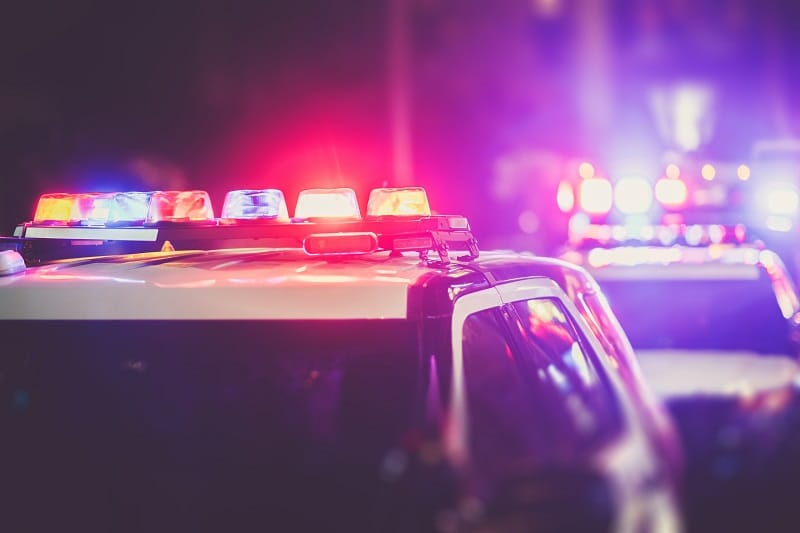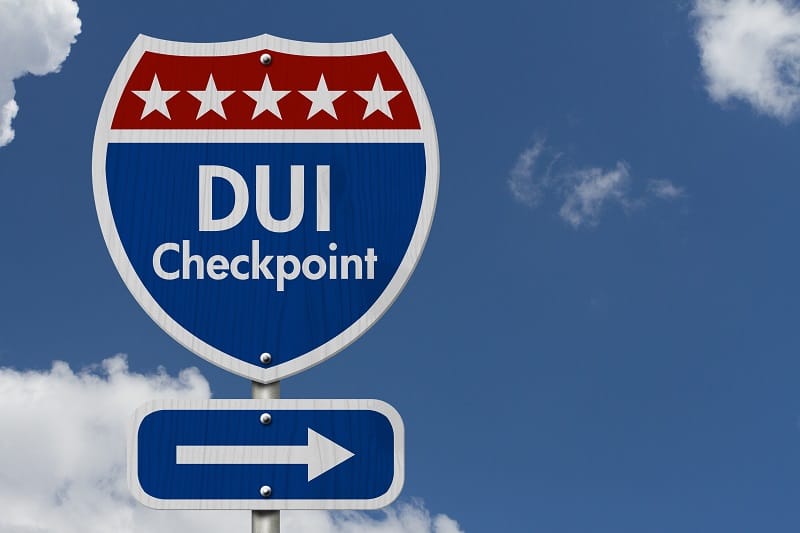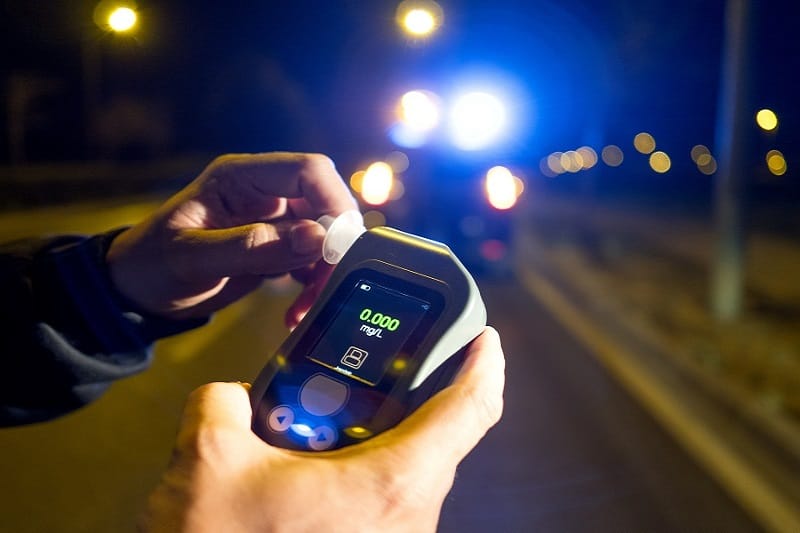What To Do If You Encounter A DUI Checkpoint On Pennsylvania Roads

You’re heading home from a night out with friends when traffic suddenly slows. Through the sea of taillights, you can barely make out the police flashers up ahead. But it’s not an accident. A large sign warns “DUI Checkpoint In Progress.” And your heart pounds.
You’ve had a drink or two – or maybe more than a few – over the course of the evening. You feel fine to drive, but how can you be sure? Spending a night in jail is NOT on your agenda.
If you ever find yourself in this situation, it’s important to know your rights. The more informed you are going in, the better your chances of avoiding the long and difficult road of DUI charges.
When And Where Checkpoints Happen
Police can’t simply stop cars at random. Thanks to the Fourth Amendment, there are constitutional limits on how sobriety checkpoints can be conducted. This means:
- Checkpoints may only be in place for a limited amount of time. They can’t go on indefinitely.
- Checkpoints must be limited to locations that are high-risk for drunk driving (based on data from past occurrences).
- Police must publicly announce the checkpoint at least a few days in advance.
- Traffic stops must be brief and limited to the sole purpose of sobriety checks. They can’t be used for other purposes.
- There must be adequate signage at the site alerting motorists of a checkpoint up ahead.
In addition, police can’t pull over cars willy-nilly. They must adhere to predetermined guidelines on which cars to stop (and these guidelines can’t be discriminatory or preferential).
When You See A Checkpoint Up Ahead
It’s important to know that you have the right to turn around or take an alternate route to avoid the checkpoint – provided you can do so without violating any traffic laws.
Police often post a squad car near the checkpoint entrance. This subtle intimidation tactic discourages drivers from turning off. However, if you’re confident you can make a legal U-turn or turn onto another road, you have every right to so.
Yes, if you turn off, the squad car can follow you on public roads. They may watch to see if you’re driving erratically or breaking traffic laws. But they can’t pull you over just because you avoided the checkpoint – by itself, that’s not enough to legally justify a traffic stop.

When You Enter The Checkpoint
If there’s no legal way to avoid the checkpoint, you have no choice but to proceed. It’s important to stay calm and collected. Don’t do anything to draw unwarranted attention to yourself.
If police ask you to stop and roll down your window, you must comply. They may ask for your driver’s license, registration and proof of insurance. Again, you must comply with these requests.
Beyond that, however, you don’t need to say anything else. In fact, the less you say, the better.
Many people who end up in jail after a DUI checkpoint are there because they couldn’t keep their mouths shut. Don’t make that same mistake.
When the police ask if you’ve been drinking – or where you’ve been, or what you’ve been up to – politely decline to answer. And certainly don’t volunteer any information. You can’t be punished for exercising your right to remain silent, but you can face harsh punishments if you say something that is later used to convict you.
What If You’re Asked To Do A Field Sobriety Test At The Checkpoint?
If the officer asks you to “walk the line,” stand on one foot or participate in other field sobriety tests, you can absolutely refuse. There are no penalties for saying no. In fact, there are no upsides to saying yes – only risks. Because these tests are unscientific and often inaccurate, they can lead to an arrest even if you haven’t had a single drink.
What About Breath Tests?
Police often carry portable breath tests that estimate drivers’ blood alcohol levels. These tests are different from the certified Breathalyzers at police stations. They’re less accurate and, therefore, not admissible in court. Police officers only use them to establish probable cause for an arrest.

As a result, you have the right to say no to a portable breath test. And you can’t be punished for exercising this right.
Don’t give the police grounds to arrest you by submitting to a portable breath test. You have the right to refuse.
A different situation arises if you’re under arrest and asked to submit to an official Breathalyzer test or other chemical testing. At this point, you can still refuse, but you’ll face an automatic 12- or 18-month suspension of your driver’s license (on top of any DUI penalties if the state can establish a conviction by other means). The penalties for refusal are harsher if you have a prior DUI conviction.
After An Arrest
Suppose you find yourself in the worst-case scenario: lockup. Now is the time to contact a lawyer. And, of course, exercise your right to remain silent.
The sooner you get a trusted defense attorney on your side, the better your chances of avoiding substantial costs to your freedom and finances.












